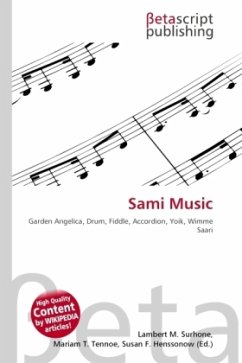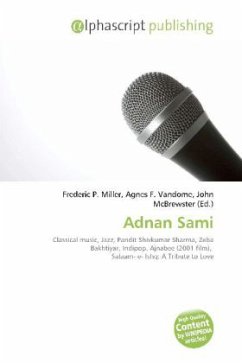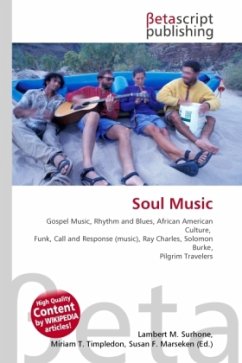High Quality Content by WIKIPEDIA articles! Traditional Sami music revolves around singing. The only traditional instruments are the flute "fadno" (made from Angelica archangelica) and drums, and purely instrumental music is unknown. Modern bands use a wide variety of instruments, especially the fiddle and accordion. Improvised, highly spiritual songs called joiks (North Sami: luohti; South Sami: vuolle) are the most characteristic song type. (The same word sometimes refers to lavlu or vuelie songs, though this is technically incorrect.) Joiks do not rhyme, and have no definite structure. They are typically about any subject of importance to the singer, and vary widely in content. Purely folk joiks have declined in popularity over the 20th century, due to the influence of pop radio and religious fundamentalism, especially Laestadianism. Nevertheless, joik performers of some fame include Angelit (former Angelin tytöt, Girls of Angeli), Wimme Saari and Nils-Aslak Valkeapää from Finnish Lapland. Many modern singers are signed to DAT, the premier record label in Sami music.








